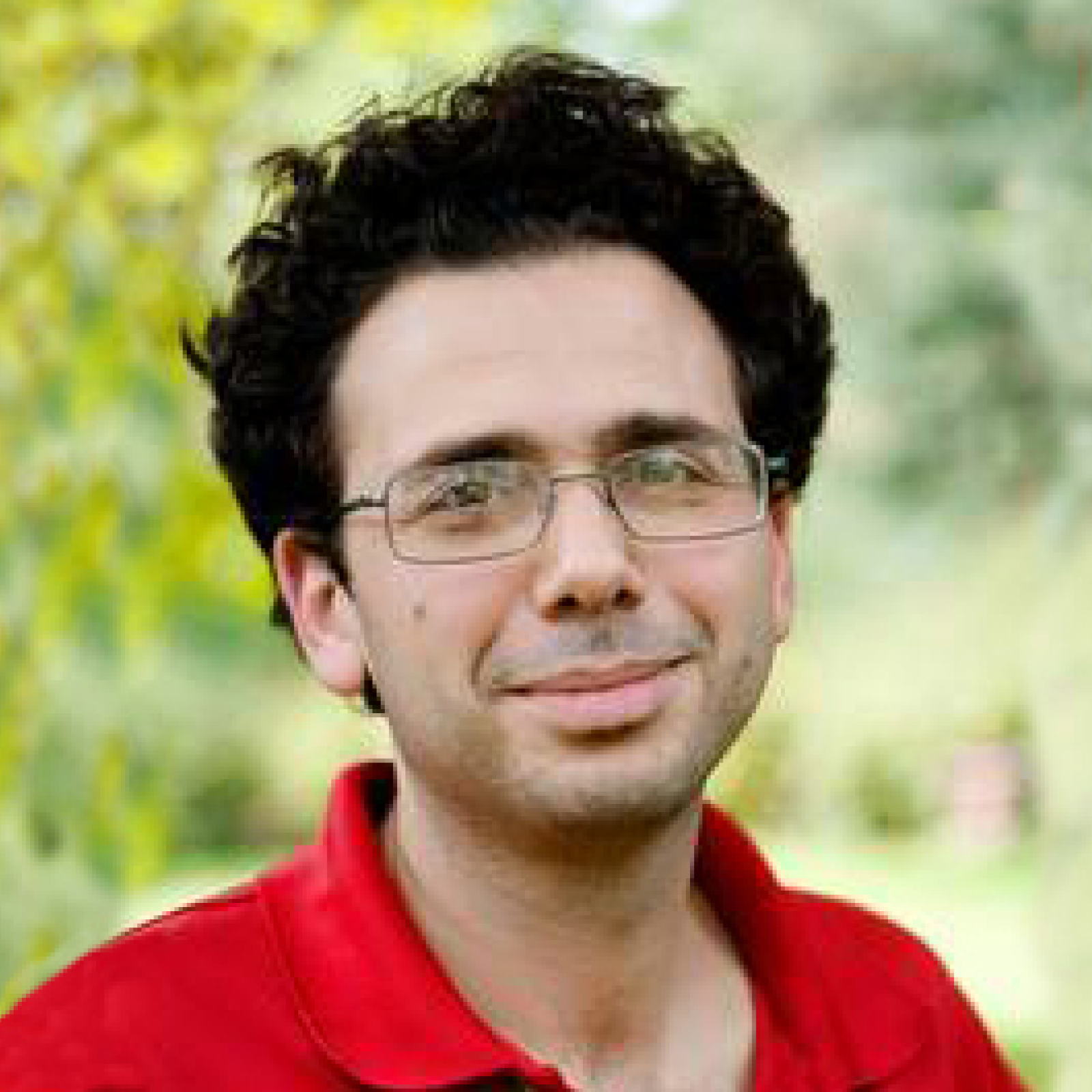Dr. Michael Weinman’s course POLS-Y 300: Identity as Property discusses the evolution of the perception of identity and how identity has been used in politics throughout history. Identity plays an integral role in politics today, and this course investigates what created this environment.
An interview with Dr. Weinman, a Professor of Comparative Literature, is below.
Why is it important for students to take this course?
Dr. Weinman: Identity is one of the driving issues of political life today in the United States, including here in Indiana. One of the most prominent issues facing the state assembly this legislative session is an education bill that has to do with what is called critical race theory; a subject about which many people have strong views but little or no understanding. This matters because bills such as this are not only happening in Indiana, but across the United States, which tells us that identity is a process and not an attribute or fact. Identity is not an essential characteristic, but something that we negotiate, legislate, and debate continuously.
I initially designed this course 10 years ago at a different institution and believe it has only become more crucial in that time. I think in general I hope everyone is really motivated about the theme of this year's Themester, because it's so pressing and such a large part of our politics. This course is about investigating Identity and where our understanding of identity comes from. How individuals self-identify and how political organizations manipulate personal identity.
What knowledge or skills do you hope students that take this course gain?
Dr. Weinman: I mentioned critical race theory already, so I think anyone who takes the class will know what that means. Very few people understand critical race theory right now, so you have half the states in the United States deliberating about something they do not know. The majority in the Indiana State Legislature’s biggest priority was to make sure that this was not being taught in schools, though there is no indication that it was being taught, or would be, at the primary or secondary school level.
We should all understand what it is, why it matters, and what we think about it. I think postcolonial theory and what is called “decolonizing the University” (and related themes) are super important in our intellectual discourse, and in higher education in general, especially in the humanities and social sciences. A big part of identity and identification is the way that we think about things like cultural capital such as a “canon” that you cannot not know if you earn a BA. So, the course examines, among other things, canon formation: how and when did we come to think in the humanities and social sciences that a text like Plato’s Republic for example is this thing that you need to know to know anything. And how has that changed over the last few centuries? And how has that changed again in the last 50 years, as a result of the decolonization movements of the 1960s.
What is the most interesting aspect of this course to you? What, if anything, did you learn from teaching it, or will you learn from teaching it?
Dr. Weinman: The fact that we are all a work in progress. This course is profoundly personal. I have taught it twice before, but not yet at IU. While teaching this course I was privileged enough to learn a ton about myself, frankly, and my own identity. I also learned an awful lot about the students in the courses. That is what I personally look forward to the most. I do not mean to say it will be a life-changing experience necessarily for anyone who enrolls in it, but our discussions are highly affected by who is in the class.
Are there any assignments that you are particularly excited about?
Dr. Weinman: One thing that we will do in this class is write a personal narrative. This may or may not take the form of auto-ethnography. Everyone will write some sort of personal narrative, and these are challenging. They require a great deal of authenticity and vulnerability, which I do not take lightly. For this reason, we will not start with an assignment like this, so I really look forward to the path that we will build together leading up to that assignment which will come later in the semester, which involves a lot of intimate work in a close group.
We want to create an environment where everyone feels safe and welcomed enough to do this challenging work, which is challenging, not only intellectually, but personally. I hope it is a challenge that the students take class will feel like empowered to address and that will really be a unique experience in their college education.
What type of students would you encourage to take this course?
Dr. Weinman: This is a course for everyone. The personal narrative might appeal to creative writing students, or the auto-ethnography might appeal to ethnomusicology students or someone in anthropology or sociology or related disciplines.
But honestly, this class will be interesting for anyone concerned with what we call identity politics. I hope the class will come with a broad range of views. Some of us may be very committed to identity-based political organizations and community organizations and some of us might think that identity politics is baleful. These might be tough questions to confront together but I look forward to navigating that. And I hope that the people who choose to take the class choose to take it because it seems important to think about identity identification today and not because this is integral to their major.
View this course
View Themester 2022 courses



 The College of Arts
The College of Arts